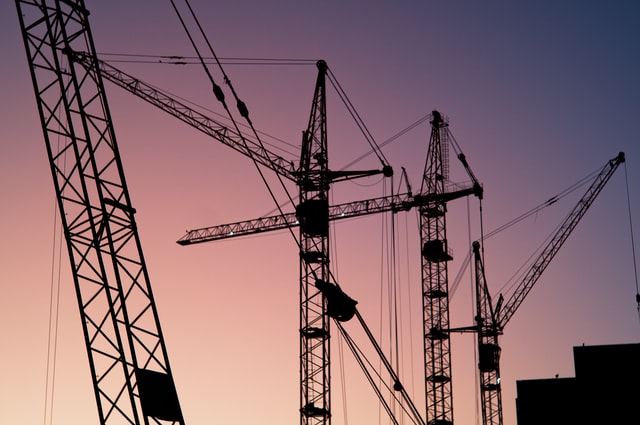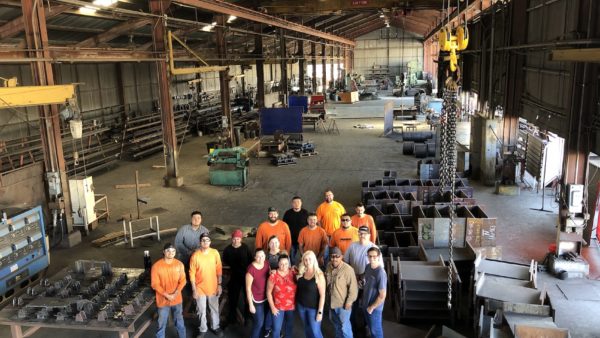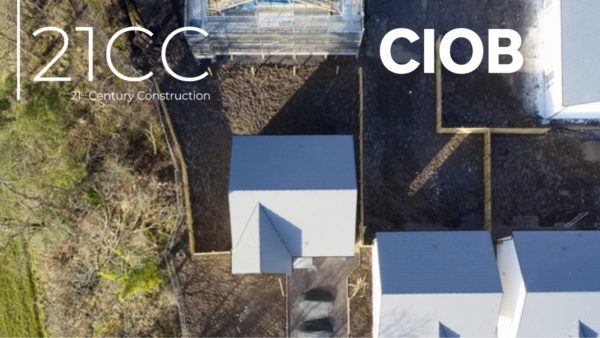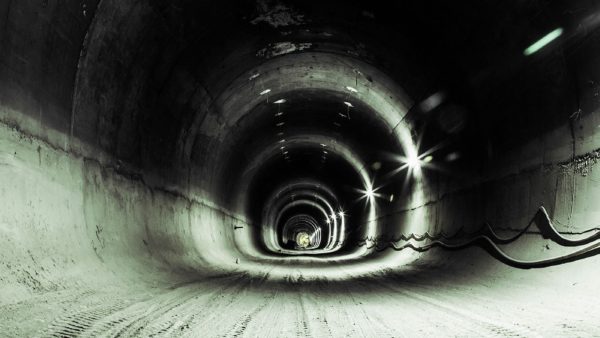In April 2021 Ireland’s Minister for Housing, Darragh O’Brien, launched the CIOB’s report: ‘Job Quality in the Irish Construction Sector’. The report emphasises the role government can play in subduing construction volatility and improving job quality by providing a clear pipeline of public infrastructure and housing projects. The commitment in September 2021’s ‘Housing for All’ – the Government’s new housing strategy – to ‘stability and certainty in the building sector through a long-term funding pipeline’ was therefore most welcome.
Several long term-built environment policy strategies emerged in 2021: the National Climate Strategy; Housing for All; the new National Development Plan, and there is clearly an understanding within Government of the benefits from a labour force perspective of communicating a clear plan for the built environment. These strategies and accompanying funding commitments will ensure stability and job security in the construction sector. The Government’s attention has now turned to ensuring quality in construction output, and the Regulation of Providers of Building Works Bill 2022 (The Bill) will offer consumers quality assurance when hiring builders.
Culture of competence
The Bill provides for the establishment of a register to be known as ‘the Construction Industry Register Ireland’. Once enacted, the statutory register is expected to help develop and promote a culture of competence, good practice and compliance with building regulations. Registration will be mandatory, and the requirement to register will apply to builders of both residential and non-residential buildings that are subject to the Building Regulations. Employees of such building firms will not be required to apply but sole traders will. Eligibility for registration can be achieved through qualifications, experience or a combination of both. The criteria required for registration will be set out in regulations, and a builder will only be permitted to carry out building works for which they are registered.
Quality is critical. It is about the greater public good we expect from our buildings to promote human health, safety and wellbeing as well as addressing today’s many social, cultural, environmental and economic concerns. The CIOB therefore welcomes The Bill, which will provide quality assurance to the consumer.
Working in the public interest
Given that that there are over 3,000 CIOB members in Ireland, including micro, SME and large enterprises, and that CIOB is named in the Building Control Act 2007 wherein members of the CIOB recognised as competent and registered professionals who can inspect and certify works or a building for compliance with the requirements of the Building Regulations, the CIOB is well positioned to provide the calibre of builder to meet the standards of the Register.
Corporate members of the Chartered Building Company/Consultancy scheme (CBC) meet stringent criteria showing their company: is expertly run; is financially sustainable; offers appropriate learning and development for staff; and abides by the strictest health and safety, GDPR, ethical, and procurement policy standards. Some but not all of which are required for entry to The Construction Industry Federations Construction Industry Register Ireland, which the Bill will put on a statutory footing.
The CIOB’s Charter means we work in the public interest, including our ongoing campaign to improve quality in the built environment. Accordingly, we have been heavily involved in ensuring a coordinated industry response to the Cole report on failures in Edinburgh schools and the Grenfell tower tragedy, and we have recently responded to the mica remediation debate in Ireland. This work has led to the creation of educational materials to support the industry delivered by the CIOB Academy. Our Construction Quality Commission has published a Code of Quality Management for the Construction Sector, which is now recognised across the industry.
Ultimately the Register is about providing consumers with confidence in the construction sector. However, policy makers must be mindful of the unintended consequence of limiting who can participate in the market, particularly in terms of the international market. The latest Housing for All progress report includes details of IDA Ireland’s role in headhunting international construction companies to come to Ireland to help solve the acute shortage of new-build housing. The Government must ensure joined up thinking between departments and agencies to ensure that the goals of quality in the construction output and the need to grow the construction labour force complement rather than hinder each other.
* Joseph Kilroy is the CIOB’s Policy & Public Affairs Manager for Ireland, Scotland & Wales











